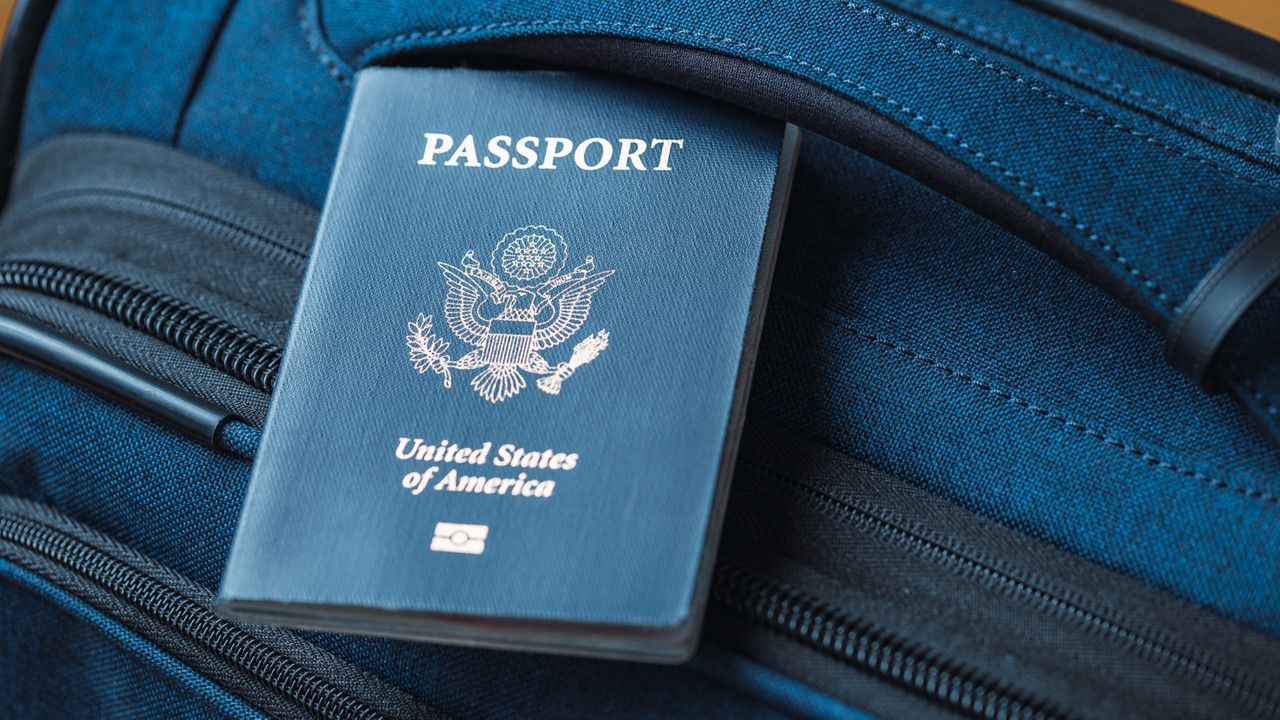Now that it’s officially summer, many of us are focused on our next great getaway. When preparing to leave town, we give a lot of thought to which clothes we should pack, our travel itinerary and transportation, but we often forget to put together a plan for our medications.
That’s why I’ve prepared these five tips to help you prepare for travel with medications:
- Check for destination-specific medications: If you’re traveling abroad, talk to your doctor or other healthcare provider about any medications or vaccines you may need in advance based on the health risks of that area.
- Carry a long-lasting supply: If you are taking a trip for longer than 30 days, reach out to your provider to ask for an early prescription refill and a 90-day supply of your medications so you won’t run out. Be sure to keep medications in their original, labeled containers.
- Have proper paperwork: Some countries require a prescription or medical certificate from a physician if traveling with controlled substances or injectable medications like EpiPens and insulin. Prior to your trip, make sure you have the proper documentation, and for added assurance, it’s a good idea to check with the U.S. State Department to learn about items restricted by your destination country.
- Plan for storage options: Some medications require refrigeration so prepare for airline flights, car trips and hotel stays. Be aware that extreme temperatures can reduce the effectiveness of many medications. When flying, it is always a good idea to keep your medications in your carry-on bag. The Transportation Security Administration (TSA) allows
liquid medication in excess of 3.4 ounces in reasonable quantities; however, rules regarding frozen gel packs still apply to medication storage. - Find a trusted source: When traveling abroad, be wary of counterfeit drugs since your prescription medication may not be available or may have a different name. Make sure to only purchase medications from a legitimate pharmacy or contact your health plan or physician who can help suggest a suitable alternative if needed.
For more information and tips, I recommend visiting the CDC’s travelers’ health webpage, which can be found at:


